As an advanced polymer material, TPU occupies a central position in the plastics manufacturing sector due to its exceptional elasticity, wear resistance, and chemical resistance.
These unique properties make TPU the material of choice for a wide range of applications, from medical devices to everyday consumer products.
However, as the use of TPU continues to expand, the question “Is TPU safe?” has become a focal point of concern for both consumers and injection molding companies.
Consequently, FOWMOULD explores the inherent safety of TPU material and its use, as well as its potential impacts on health and the environment in the content below.
What Is TPU?
Thermoplastic polyurethane elastomers, commonly known as thermoplastic polyurethane rubber and abbreviated as TPU.
TPU is a class of elastomers that can be plasticized by heating and dissolved, combining the characteristics of both plastics and rubbers.
Due to its thermoplastic nature, it boasts several advantages unmatched by other elastomers, such as exceptional tensile strength, high elongation at break, and good load-bearing capacity.
Moreover, TPU can effectively replace traditional materials like PVC, rubber, EVA, and silicone, and is extensively used in common manufacturing fields such as electronics, medical and health, and sports equipment.
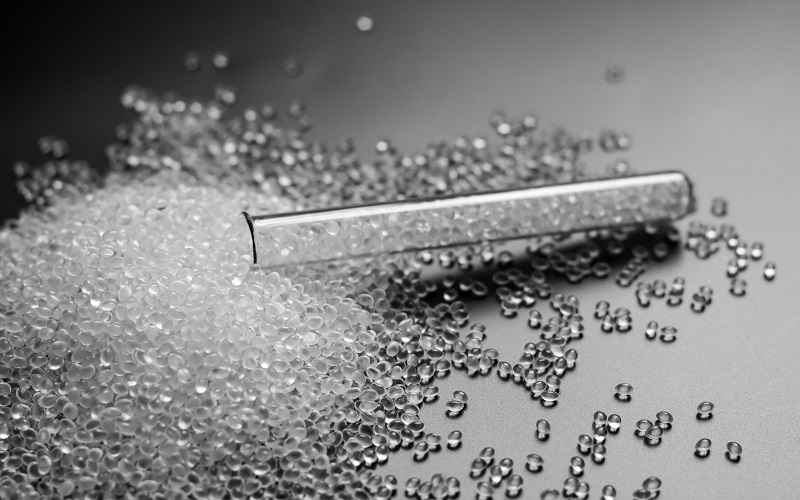
The Composition of TPU
TPU is an (AB)n block linear polymer synthesized by the reaction of MDI or TDI with high molecular weight polyesters or polyethers (constituting part A) and diols containing a certain number of linear carbon atoms (constituting part B).
During this process, the high molecular weight polyols serve as the main chain providing elasticity, while the low molecular weight polyols (chain extenders) are used to regulate the polymer’s molecular weight and mechanical properties.
Although raw materials like MDI and TDI have certain toxicity and irritancy in their unreacted state, they are completely transformed during the synthesis of TPU.
Consequently, the composition of TPU does not include any residual toxic substances, and generally considered thermoplastic polyurethane is safe.
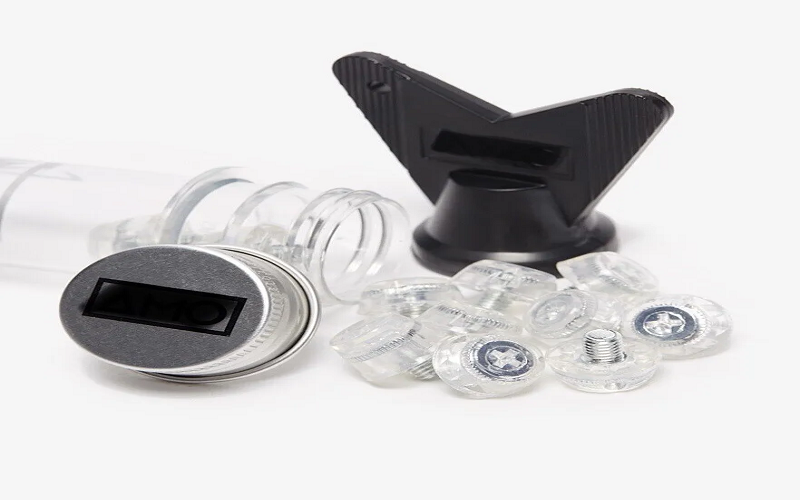
Manufacturing Process Of TPU Plastics
Synthesized TPU particles require further processing to form final products, primarily using melting and solution methods. The melt processing involves commonly used plastic industry techniques such as blending, calendering, extrusion, blow molding and injection molding .
Among these, the TPU injection molding process can create highly durable and strong plastic products, extending their service life.
On the other hand, solution processing involves dissolving the granules in a solvent or directly polymerizing in the solvent to form a solution, which is then used for coating, spinning, and other applications.
Additionally, TPU in its processing phase does not require or requires very little in the way of plastic additives, greatly enhancing the safety of TPU products.
This is an advantage that materials like PVC and rubber find difficult to match.
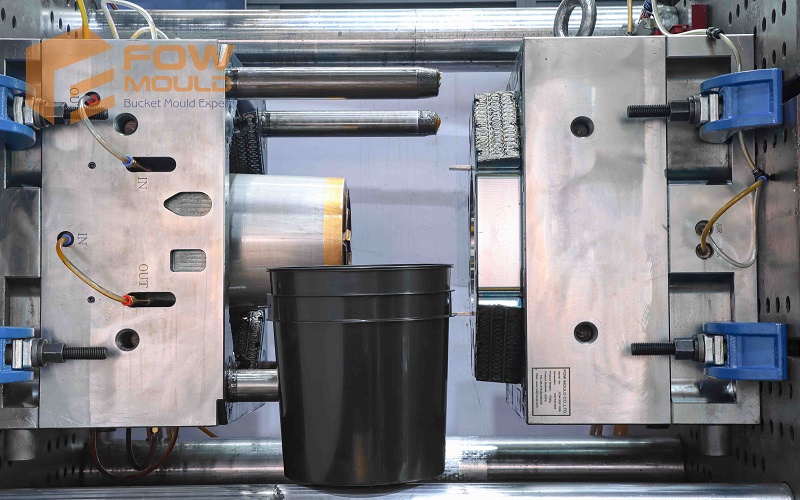
Is TPU Safe For Food?
As health consciousness continues to rise, people are increasingly demanding about the safety of plastic products that come into contact with food.
Against this backdrop, TPU as a common material in food contact applications, has come into focus with the critical question: “Is TPU toxic?”
Fortunately, the answer is reassuring: TPU is non-toxic and complies with 100% of food safety standards.
Take TPU cutting boards as an example; they demonstrate the advantages of TPU in materials that come into contact with food.
Compared to ordinary cutting boards, TPU boards offer antibacterial, mold-resistant, and wear-resistant properties, unmatched by other plastic materials.
TPU boards not only resist the growth of bacteria and mold but also effectively prevent wear and scratches, maintaining a smooth and hygienic surface.
These features ensure the hygiene and safety of TPU cutting boards in daily use, allowing us to handle food ingredients with greater peace of mind.
The advantages of TPU not only enhance the practicality and durability of kitchenware but also provide consumers with a healthier, safer option for food preparation.
Therefore, the application of TPU as a food-safe plastic is becoming an increasingly popular and trusted choice.

TPU In The Medical Industry: The Ideal Material Option
In the medical industry, the application of TPU demonstrates its exceptional safety and material quality.
Compared to PVC, TPU’s higher strength enables it to be used in manufacturing thin-walled catheters and medical bags capable of withstanding higher internal pressures, ensuring the durability and reliability of medical devices.
Medical instruments made of TPU are not only more durable, using less material, but also have a lower probability of damage in the frequently used hospital environment.
Unlike the safety of TPE, TPU exhibit superior flexural tolerance, ease of bonding and better coexistence in medical applications.
When compared to EVA, TPU shows higher transparency and aesthetic appeal, which is particularly important in medical products such as infusion bags.
These characteristics make TPU an ideal material choice in the medical industry, combining both safety and effectiveness.
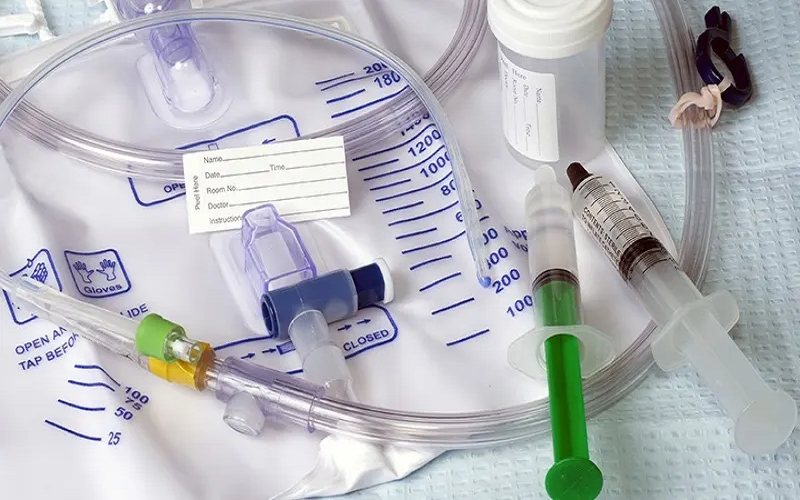
The Environmental Impact Of TPU Plastics
As the demand for environmentally friendly materials continues to grow, TPU material is demonstrating unique advantages in sustainable development and environmental protection.
TPU not only possesses outstanding performance characteristics but also features biodegradability (within 3-5 years) and recyclability.
It can degrade naturally into biodegradable substances and disintegrate completely within a short period.
Furthermore, TPU can be recycled and used to create more raw materials, including regenerated TPU.
During the biodegradation process of TPU, it does not alter the pH of soil or groundwater and does not negatively impact the environment.
This allows TPU to safely degrade in the natural environment at the end of its lifecycle without harming the ecosystem.
The environmental attributes of TPU material further solidify its status as an eco-friendly material choice.
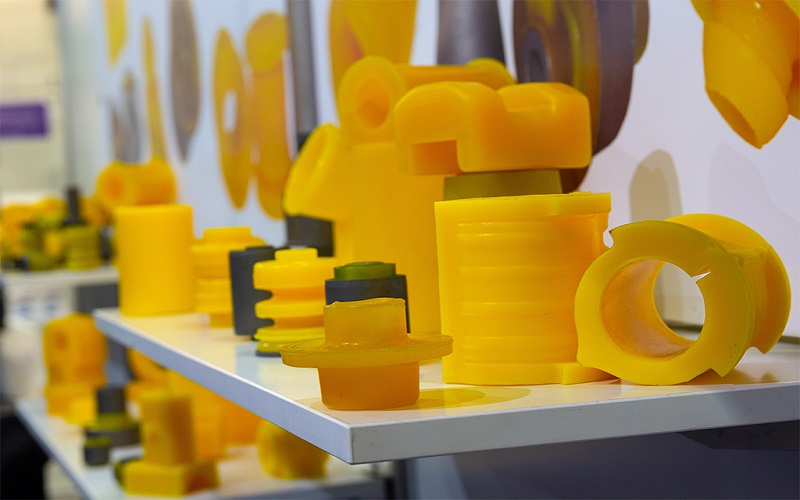
Is TPU Safe For Human Health?
Objectively speaking, TPU typically does not pose a threat to human health.
Firstly, the non-toxic and odorless nature of TPU, owing to its lack of formaldehyde and plasticizers, makes it particularly safe for applications that involve direct contact with food.
This means that when TPU is used for food packaging or kitchen utensils, it does not release harmful chemicals, thereby protecting human health from potential chemical hazards.
Secondly, the biocompatibility and anti-coagulation properties of TPU make it crucial for applications in the medical and healthcare industry.
For instance, TPU is used to manufacture items like intravenous catheters and blood storage bags, where the material must be extremely safe when in contact with human tissues and should not trigger adverse biological reactions.
TPU’s excellent performance in these aspects ensures the safety of medical processes, reduces the risk of infections for patients, thus playing a significant role in protecting and promoting human health.
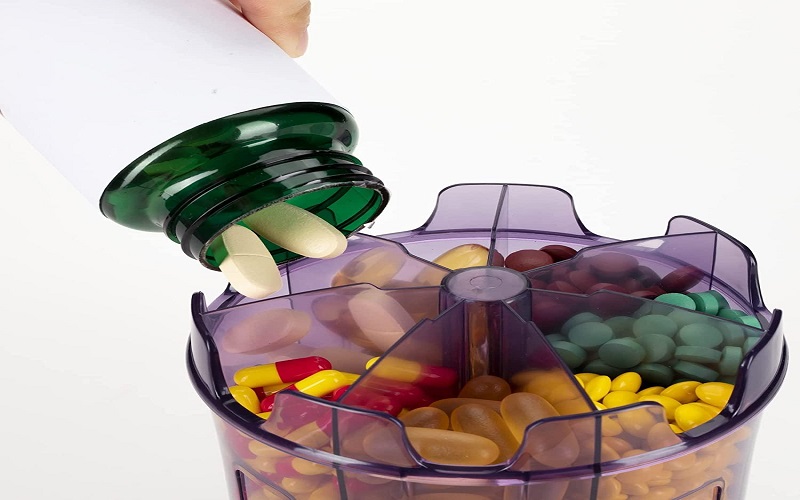
Regulations and Standards:Securing the Safe Use of TPU
To enhance the safety of TPU plastic products, many countries and regions have established corresponding regulations and standards.
For example, in China, medical-grade TPU products must comply with ISO 10993 production standards before they can be put into use.
Additionally, in food applications, TPU materials are ensured to be free of harmful chemicals like heavy metals, formaldehyde, and phthalates.
Lastly, product labeling and information disclosure are crucial aspects, ensuring that consumers and professional users can accurately understand the composition and safety information of TPU.
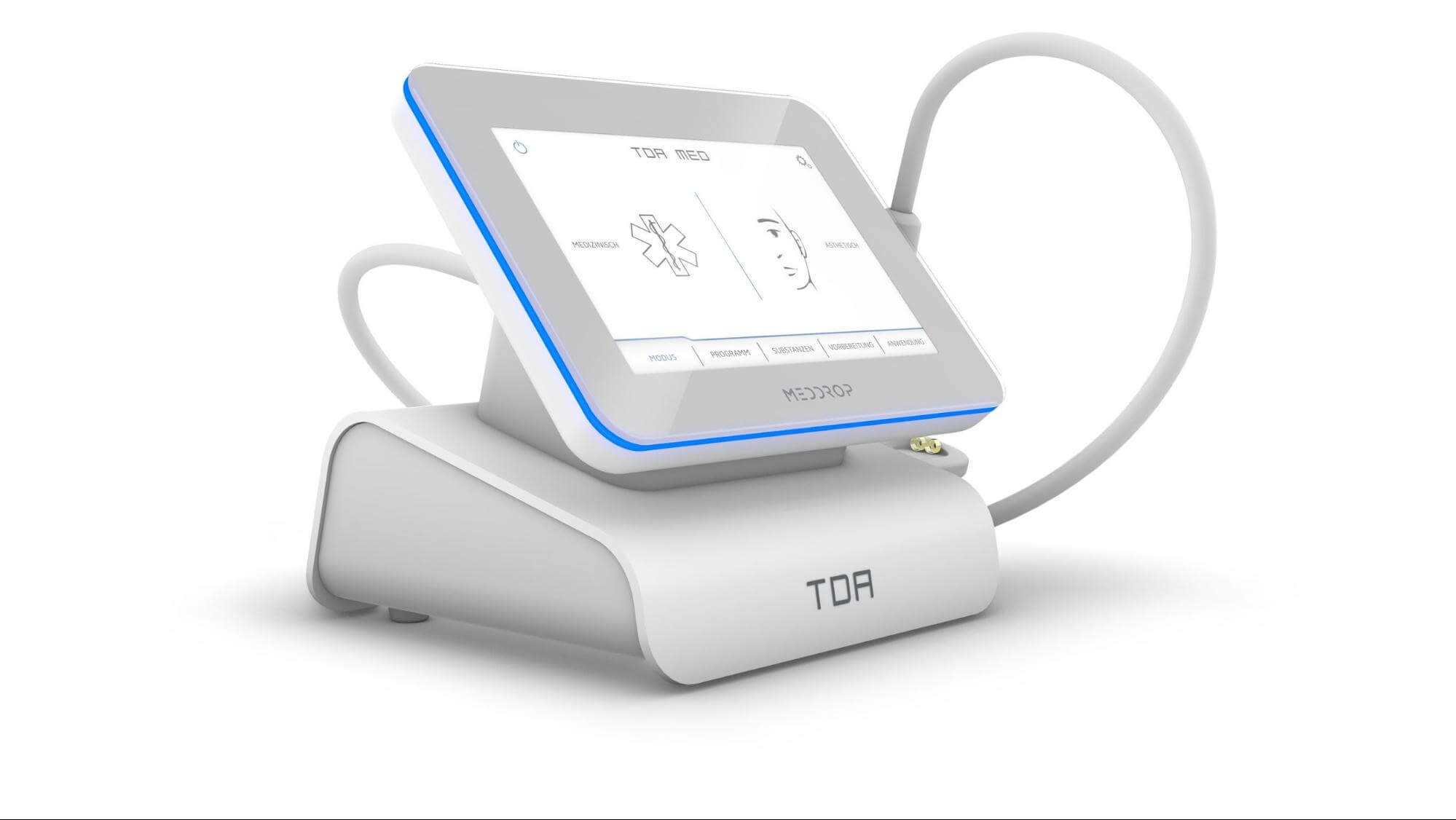
TPE vs TPU:Security Comparison
In the article “Is TPE Safe” we learn that TPE is a safe and versatile material.
Due to its lack of harmful chemicals like phthalates, latex, and Bisphenol A, TPE is considered a healthy and harmless option in various applications.
Its good elasticity and flexibility make it very popular in products that require suppleness and durability, such as toys, medical device accessories, and flexible seals.
Similarly, TPU also an elastomer, exhibits excellent safety and multifunctionality.
TPU is non-toxic and odorless, and does not contain formaldehyde or plasticizers, making it particularly ideal for medical instruments and food-grade applications.
TPU surpasses TPE in terms of resilience and wear resistance, and its products are less prone to deformation, ensuring the durability and safety of TPE plastic products.
For more information on the similarities and differences between TPE and TPU, please read the article “TPE vs TPU“.
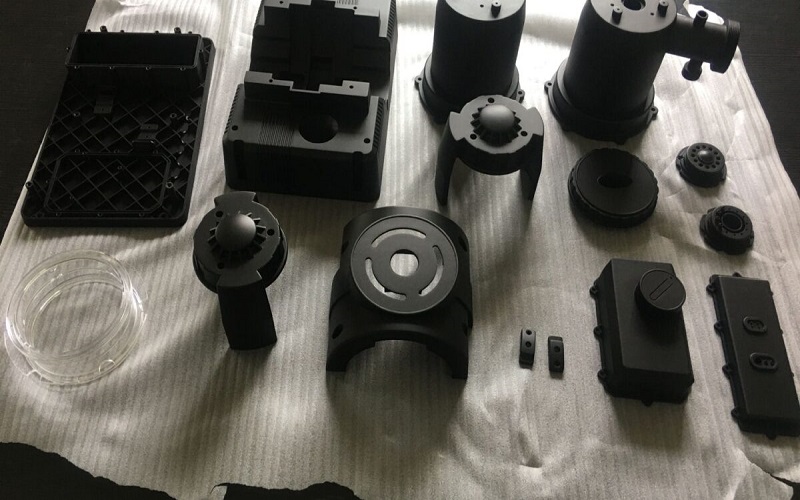
Conclusion
In summary, TPU is a safe and versatile material. It is not only non-toxic and odorless but also environmentally friendly, capable of being recycled and reused.
Utilizing TPU’s elasticity and wear resistance, products that comply with safety regulations and standards can be manufactured in various fields such as medical, food, and consumer goods.
If you are looking to start a new project with TPU plastics, please contact us!
FOWMOULD will provide you with one-stop injection molding services and design guidance.
